RAWA House Hearing to Take Place Next Wednesday
Posted on: December 3, 2015, 05:21h.
Last updated on: December 3, 2015, 08:15h.
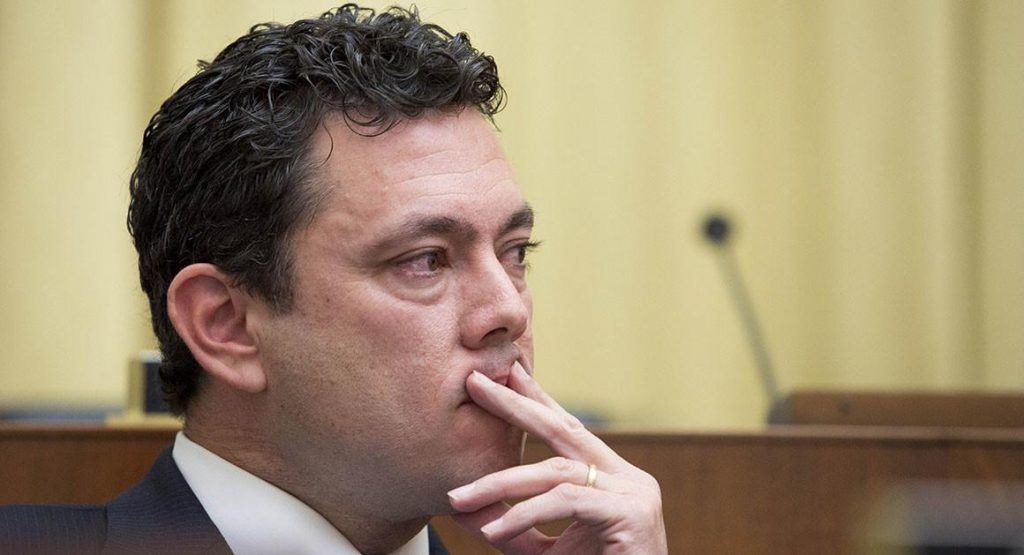
The Restoration of America’s Wire Act (RAWA) will receive a hearing before the House on December 9, it emerged this week.
The hearing, entitled “A Casino in Every Smartphone: Law Enforcement Implications,” will be chaired, naturally, by Representative Jason Chaffetz (R-Utah), who introduced RAWA to the House back in February.
The bill itself would effectively ban all forms of online gambling on a federal level, with the exception of horseracing and, for the time-being at least, daily fantasy sports.
Its prohibitory scope would extend to the online lotteries embraced by numerous states across the US.
It would also dismantle the new online gambling markets created in 2013 by Nevada, New Jersey and Delaware, while stifling the ambitions of others, like Pennsylvania and California, to follow suit.
It’s True Because it Rhymes
It is, for the large part, a deeply unpopular piece of legislation on Capitol Hill due to an agenda that seeks to stymie states’ 10th Amendment rights, and for the underlying whiff of crony capitalism.
Billionaire Sheldon Adelson is believed to have concocted, and financially backed the bill in order to protect his own land-based casino business interests.
Money talks, however, and RAWA will receive its second House hearing of the year next week.
No list of speakers has yet been released, but if the first hearing is anything to go by, it’s likely to be a partisan crowd.
It’s also likely to contain repeated references to “terrorism” and “money laundering,” as well as specious discussions about “corrupting our children,” while studiously ignoring the fact that this is precisely what happens when online gambling is not strictly regulated.
It’s very likely to include some kind of “rhyming rhetoric,” so beloved of the movement, such as “click your mouse, lose your house” or “drop your phone, lose your home.”
Between the Cracks
Highlights from first hearing included Chaffetz arguing that RAWA “is a state’s rights bill,” despite all evidence to the contrary, and John Kindt, a professor at the University of Illinois Law School, quoting from a 1999 study that said “online gambling cannot be regulated,” which is kind of like Stone Age Man criticizing Bronze Age Man’s smelting techniques.
Kindt also declared online gambling to be “the crack cocaine of gambling,” within seconds of taking the stand, which is odd, because he recently also declared land-based slots to be the “crack cocaine of gambling,” (a view, incidentally, that Sheldon doesn’t hold).
Come on, John. It must be one or the other. It can’t be both. Hopefully this hearing will settle the matter once and for all.
Our point here, though flippantly made, is that, to RAWA’s supporters, rhetoric reigns over fact. So, we will leave you with the opinion of the only person at the last hearing who had worked closely and independently with the online gambling industry in the United States, Parry Aftab, executive director of cyber safety advice group WiredSafety. She was sneered down by many of those present.
“I agree there are lots of problems,” she said. “There are terrorists who are using online gambling and there’s money laundering going on, and there’s malicious code, but that is not happening in New Jersey, Delaware or Nevada. It is happening currently with many of the offshore gambling sites that are not covered by our laws.”
Related News Articles
Most Popular
LOST VEGAS: ‘Tony The Ant’ Spilotro’s Circus Circus Gift Shop
Las Vegas Overstated F1 Race’s Vegas Impact — Report
Mega Millions Reportedly Mulling Substantial Ticket Price Increase
Las Vegas Strip Stabbing Near The Strat Leaves One Man Dead
Most Commented
-
End of the Line for Las Vegas Monorail
— April 5, 2024 — 90 Comments -
Mega Millions Reportedly Mulling Substantial Ticket Price Increase
— April 16, 2024 — 8 Comments -
Long Island Casino Opponents Love New York Licensing Delays
— March 27, 2024 — 5 Comments
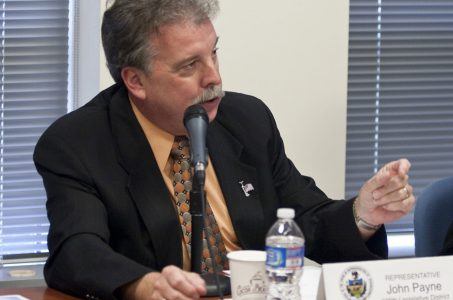
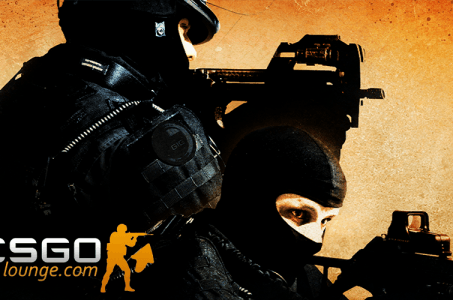
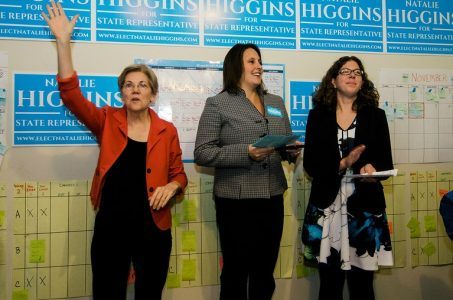
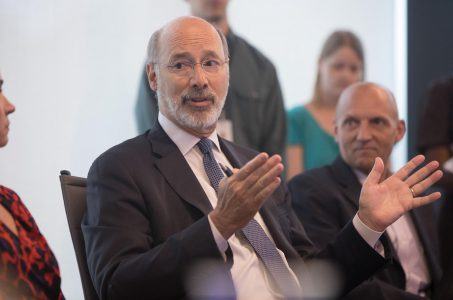












No comments yet